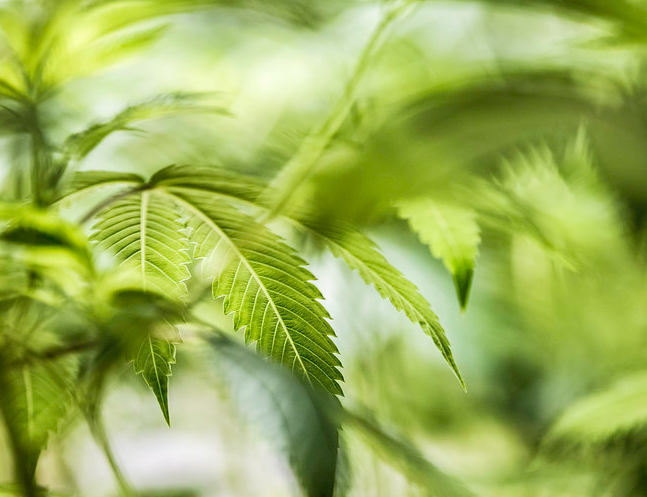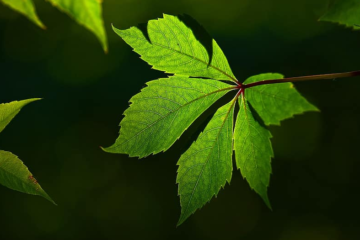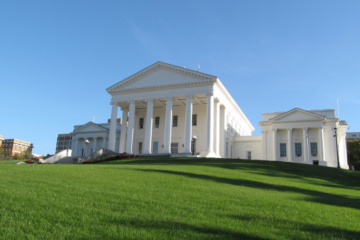Hawaii health leaders are throwing their weight behind a major federal move to reschedule marijuana, clashing with its current strict label that ignores medical proof. As President Trump mulls this reform, a local lawmaker ramps up efforts to tweak a stalled legalization bill. What could this mean for users and the industry? Dive in for the details.
Push from Hawaii Health Officials
Hawaii’s Department of Health made a clear stand this week, telling local media that marijuana’s spot as a Schedule I drug no longer fits the facts. This label claims it has no medical value, but science and state laws say otherwise. Officials point to growing evidence of its benefits, especially since Hawaii already allows medical use.
The push comes at a key time. Federal rescheduling would move marijuana to a less restrictive category, easing research and banking for legal businesses. In a statement, the department stressed that this change aligns with real-world use in states like Hawaii, where thousands rely on it for health reasons.
One big win? It could open doors for more studies on cannabis safety and effects.
Recent data from the U.S. Department of Health and Human Services backs this up. In 2023, they recommended shifting marijuana to Schedule III, citing lower abuse risk compared to harder drugs.

Trump’s Role in the Debate
President Trump has shown openness to rescheduling, a step that could reshape federal policy without full legalization. Sources close to the administration say he’s weighing options that support medical access and cut down on minor arrests. Trump’s backing could speed up the process, but without his direct push, experts warn it might drag on forever.
Former officials from the Drug Enforcement Administration and Health and Human Services noted in April 2025 that delays are likely if Trump doesn’t champion it. They highlighted how the DEA holds the final say, based on health reviews.
This isn’t new for Trump. Back in September 2024, he voiced support for rescheduling and even a banking bill to help cannabis firms. It fits his “Make America Healthy Again” vibe, focusing on balanced reform.
Hawaii’s input adds pressure, as state leaders urge quick action to match local realities.
State Efforts to Legalize Cannabis
While federal talks heat up, Hawaii isn’t waiting around. A key lawmaker, who pushed a legalization bill last session, is now collecting feedback to refine it for 2026. The goal? Make it pass-proof after past veto fears.
Hawaii has flirted with full legalization before. In 2023, the state Senate passed a recreational marijuana bill with a strong 22-3 vote, but it stalled in the House. Earlier, in 2019, Hawaii decriminalized small amounts, joining 26 states in easing penalties.
This local drive shows frustration with federal delays, as residents push for adult-use laws. A 2024 poll by the Hawaii Alliance for Cannabis Reform found most islanders support ending prohibition, with a focus on justice and inclusion.
Lawmakers aim to address concerns like public safety and youth access in the revised bill.
Efforts include:
- Expanding medical programs for more patients.
- Setting up regulated sales to cut black market risks.
- Using taxes for community programs.
These steps could create jobs and boost the economy, with estimates from similar states showing billions in revenue.
Broader Impacts on Users and Economy
Rescheduling federally would ripple through Hawaii’s cannabis scene. For patients, it means easier access to tested products without the Schedule I stigma. Businesses could finally bank normally, dodging high fees and cash-only headaches.
Think about the numbers. A Forbes report from 2024 noted Trump’s support could aid the industry, already worth over $30 billion nationwide. In Hawaii, medical cannabis serves about 40,000 registered users, per state records from 2023.
But challenges remain, like potential DEA pushback or court fights. A November 2024 update revealed health officials declined to testify at a DEA hearing, adding uncertainty.
On the flip side, it sparks hope for reform. States like New Mexico have expanded psychedelics research alongside cannabis, hinting at wider changes.
For everyday folks, this could mean fewer legal worries for personal use, aligning federal rules with state progress.



